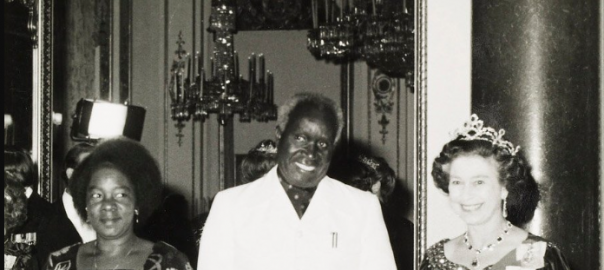Great Britain’s success in maintaining peace in its former colonies is due to a number of factors, including:
- The relatively peaceful transfer of power from colonial rule to independence. In many cases, Britain worked with local leaders to negotiate a peaceful transition to independence, which helped to avoid conflict. This was the case in Zambia, where the British government helped to facilitate the peaceful transfer of power from the colonial government to Kenneth Kaunda’s United National Independence Party (UNIP) in 1964.
- The establishment of strong institutions of government. Britain helped to establish strong institutions of government in its former colonies, such as the military, the police, and the judiciary. These institutions helped to maintain law and order and prevent conflict. In Zambia, for example, the British government helped to train the Zambian National Service, which played a key role in maintaining peace and stability after independence.
- The provision of economic assistance. Britain provided economic assistance to its former colonies, which helped to promote development and reduce poverty. This helped to create a more stable environment and reduce the risk of conflict. In Zambia, for example, Britain provided financial assistance to help develop the country’s infrastructure and economy.
- The promotion of democracy and human rights. Britain promoted democracy and human rights in its former colonies, which helped to create a more just and equitable society. This helped to reduce the risk of conflict, as people were more likely to feel that they had a stake in the political system. In Zambia, for example, Britain helped to establish a multi-party democracy after independence.
In addition to these factors, Zambia’s own history and culture have also contributed to its peacefulness. Zambia is a relatively homogeneous country, with a single dominant ethnic group. This has helped to reduce the risk of ethnic conflict. Additionally, Zambia has a long tradition of peace and stability, which has helped to create a culture of tolerance and cooperation.
Of course, no country is immune to conflict. However, the factors mentioned above have helped to make Zambia one of the most peaceful countries in Africa.

